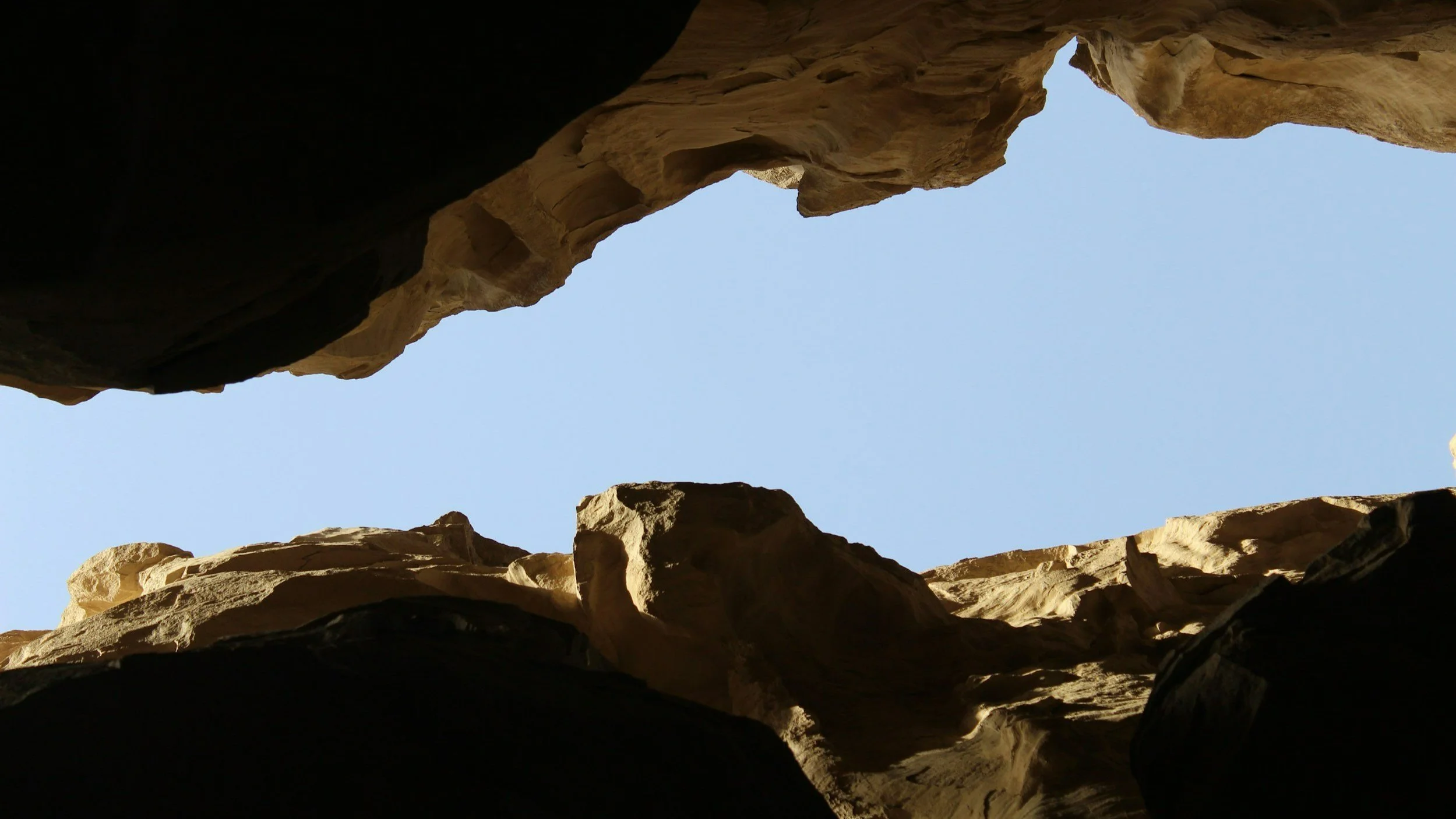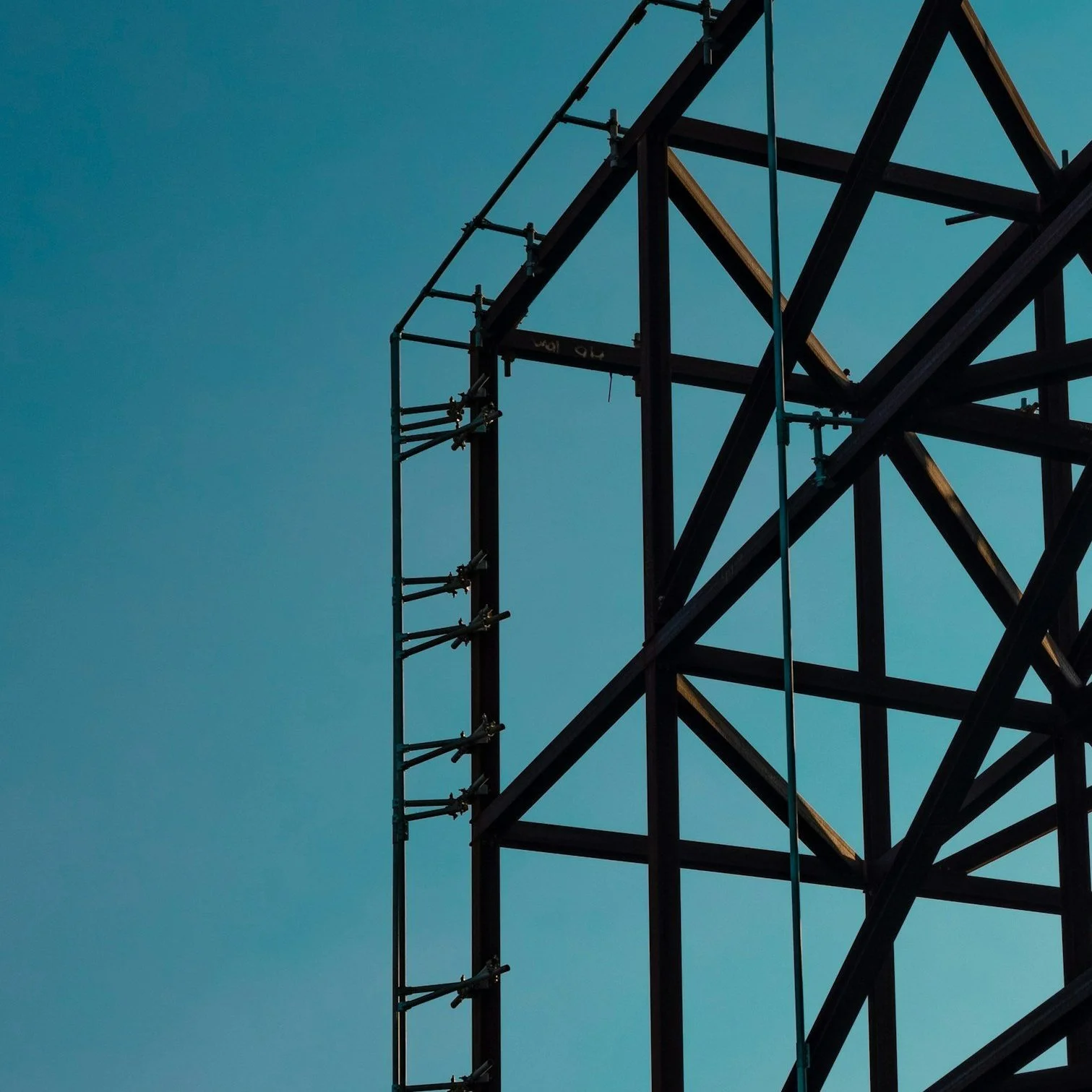Why Stable Families Still Struggle — and How We’re Bridging the Gap in West Virginia
The Problem We’re Solving — and Why No One Else Is
Sometimes the collapse begins gradually— hope flickers like a flame burning too close to the candle. Consider Nicole (* this is a fictional name). With a stack of utility termination notices, she seeks emergency assistance. As one program after another says they don’t have funding or they aren’t currently accepting applications, her fire eventually flickers out one final time. Hope dissipates like the thin trail of smoke from a now extinguished flame.
Burnout can lead to mental and physical fatigue, hopelessness, and detachment.
Nicole realizes she’s falling further behind each day but simply does not have the capacity to keep fighting. She falls asleep before eating dinner and wakes up at 7:00am, heart pounding and mind racing. She takes the kids to school and herself to work, both late again. After work, she intends to figure out her bills, but after a few minutes, she realizes there simply isn’t enough money. She pulls out her laptop to attempt another job search, as her youngest child asks what’s for dinner. She feeds and bathes her kids and checks their homework, then realizes it’s after midnight and lays down in bed, trying to sleep and solve all life’s problems simultaneously.
Low income families are slipping through the cracks, but we have the power to build a bridge.
Why Stable Families Still Struggle
Nicole’s situation is far more common than you might think in West Virginia. The National Conference of State Legislatures reported, in 2023, that 11.1% of the US population was living under 100% of the federal poverty line, including:
· 88.1 million people living in a household where at least one member is covered by Medicaid
· 12.7 million people living in public or subsidized housing
· 38.9 million people living in households that receive SNAP benefits[1]
West Virginia has a disproportionate rate of low-income families falling through the cracks, reporting 17% of the population under the federal poverty level. These are the families living in crisis every day while we have an additional 29% of families that are considered ALICE (Asset Limited, Income Constrained, Employed) households[2]. This means at least one third, but closer to one half, of West Virginia residents are working families in poverty. They often do not qualify for assistance, leaving them to tread water financially, never quite keeping their heads securely above water. These approximately 513,000 West Virginia residents are the families we aim to help at On the Rock Alliance, by making them aware of and helping them overcome the treacherous “benefits cliff” that families face when they advance in their career but suddenly lose access to benefits they rely on. We fight generational poverty in Appalachia as we guide families to skillfully prepare for the loss of benefits and guide them to improve their income and build wealth through the purchase of a home that will not only support them but will set their family up for success for future generations.
Why Traditional Programs Aren’t Built for ALICE Households
While we have some incredible housing programs in West Virginia, many of them are designed to catch people in crisis. So, what happens when families are financially struggling— not due to addiction, homelessness, or unemployment, many of which have dedicated funds— but simply because the math isn’t adding up?
ALICE households make too much to qualify for assistance, but far too little to achieve and maintain stability. These are not people sitting at home, unwilling to work. These are our childcare workers, medical assistants, cashiers, teachers and aides, caregivers— people doing valuable work in our communities as they quietly fall behind.
These families don’t show up in statistics about homelessness and unemployment. They’re not “in crisis” on paper. In normal circumstances, they can manage their bills with a bit of effort. Yet each month, they could face eviction when they need to make a major car repair or miss several days on their paycheck when their child gets the flu. Then, crisis intervention and rapid rehousing are helpful temporary solutions but don’t prevent families from slipping right back into crisis.
Many traditional safety nets require a visible collapse before support is available. Because of this, ALICE families can either remain stuck—barely surviving— or continue a cycle of growth and success, then being forced to drain their resources and soon need assistance again, each time diminishing their hope to successfully bridge the gap to stability.
There is little in-between support for:
· Rebuilding through burnout
· Navigating barriers— and the stress that comes along with them
· Developing emotional resilience
· Confidence in risk-taking for greater reward
· Leaving a toxic, but non-violent relationship
Worse yet, families can feel dehumanized or pathologized in traditional systems, believing they are only seen as case files. Instead of client-led growth, families receive a checklist of responsibilities and hard-working individuals are told they don’t qualify for help because they make too much, leading to frustration and resentment.
At On the Rock Alliance, we aim for crisis prevention. Our model is built for the in-between, made to cover the gap, where most people live, work, raise their families, and try to build better lives—without shame, stigma, and without completely hitting a wall before they can get help.
It takes more than scaffolding to help families bridge the gap and overcome generational poverty. We must repair the broken rungs in the ladder to economic success.
The Missing Rung
Let’s imagine you are climbing a ladder. You can see the top and you start climbing, trusting that the ladder is in decent repair. It feels shaky, but you skillfully navigate several steps up the ladder. Some rungs have a larger gap. You work a little harder, stretch a little farther. You’re making really good progress, but you have some distance left to the top when you reach for the next rung and realize there’s a gap you can’t get past.
The person just ahead of you insists you just need to keep pushing— so you do. You climb up so you’re standing tiptoed on the highest rung you can reach. You still can’t touch the next rung. The ladder is shaky. You’re tired from working non-stop to get as far as you have and there’s still quite a way to go before you can finally get off the ladder. You stretch and give a little jump…
..
.
You can’t catch the rung above and you lose your footing from the rung below.
You crash, almost back to where you started. You’re tired. You’re hurting. You now know that you can’t reach the top unless you figure out how to pass the missing rungs.
Imagine how hard it would be to gather your strength and start again.
This is what many families face— a constant struggle to try and get ahead, but eventually, they lose the strength and motivation to continue trying to climb that ladder to self-sufficiency.
On the Rock Alliance climbs alongside their clients with mentorship for low-income families. They catch families when they fall to improve economic mobility for working parents. They rebuild the missing rungs with their affordable housing solutions so families can climb until they reach steady ground, instead of falling off the benefits cliff.
Our Approach — Built on a Firm Foundation
On the Rock Alliance bridges the gap to homeownership for working families with a unique approach. Founder, Sam Kinnear, pulls from her experience in prevention-focused community programs to create a mentorship model for housing stability.
This innovative 5-year program helps clients build a firm foundation through:
· Foundations- Group workshops to improve soft skills that build resilience, interpersonal skills, and communication skills
· Framing- One-on-one coaching to achieve growth on career path and continue personal growth
· Finishing- Credit and Wealth building workshops and individual coaching to prepare for homeownership
· Furnishing- One on one intensive coaching for credit repair and preparation for homeownership
· Finally Home- Mentored through home buying process; training begins for those who will return as mentors
Why This Matters — Right Now
While this is not meant to open a political discourse, it is important to recognize how political changes may affect the program and the community.
The ‘Big, Beautiful Bill’ brings many questions and concerns for those currently depending on government assistance— specifically those who are on the cusp of the benefits cliff. This bill will decrease federal funding, which makes up a large portion of West Virginias medical coverage and SNAP program for low-income families. While some expect our state government to make up these funds, the state budget is already tight and the only practical response may be to increase eligibility requirements, resulting in many families losing eligibility.
This is not an attack on our state officials, but a recognition of the tight spot they will be put in as these changes take place. This is also a call to action for those who are concerned about the impact of this bill. This West Virginia nonprofit is breaking the cycle of poverty for families and creating long-term housing solutions in Appalachia.
Be Part of the Solution
This is your opportunity to get in on the ground floor to be one of the founding sponsors of a groundbreaking nonprofit organization.
If you’re passionate about family stability, equity, and long-term change, we want to talk with you. On August 2nd, we’re hosting an exclusive informational dinner for potential board members, funders, and community partners. This isn’t just another nonprofit— this is a movement.
[Click here to RSVP]
Nonprofit board recruitment West Virginia founding sponsors for community program How to support family stability programs Join trauma-informed nonprofit leadership
Final Thoughts — What Lasts
While some build on the sand— losing everything when the storms of life come— we are building on a firm foundation.
We are building people, families, and future generations on a foundation that won’t be shaken. The winds and the waves will come—but we will build together will not fall.
[1] https://www.ncsl.org/human-services/introduction-to-benefits-cliffs-and-public-assistance-programs
[2] https://www.unitedforalice.org/state-overview-mobile/west-virginia#:~:text=Introducing%20ALICE,the%20county%20where%20they%20live.&text=Between%20ALICE%20households%20and%20those,of%20families%20experiencing%20financial%20hardship.



